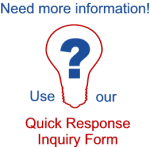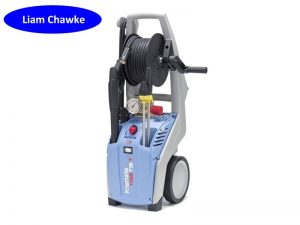A recent report from the Irish EPA shows that almost half of Irish rivers (47%), almost a quarter of groundwater (24%) and one fifth of estuary and coastal water bodies (21%) have nitrogen levels that are too high.
It noted that most of the rivers in Cork, Limerick (Golden Vale), Tipperary, Waterford and other farming areas of the south of Ireland are under pressure with excessive nitrogen caused by farming and agricultural activities.
To protect your family’s health and ensure safe drinking water from a private water well, we recommend installing a water filtration system. For home owners with their own private water well, a Government grant is available to assist with protecting and maintaining private household water wells or installing water filtration, water purification or disinfection systems.
The first step to determine the type of water filter or disinfection (UV system) you need is to test your water supply.
At Liam Chawke Electrical & Water Pumps, we supply and install water filter solutions. Submit the Contact Form or call us at 069-64318 for more details. To request a water test, just complete the Water Test Request form.






